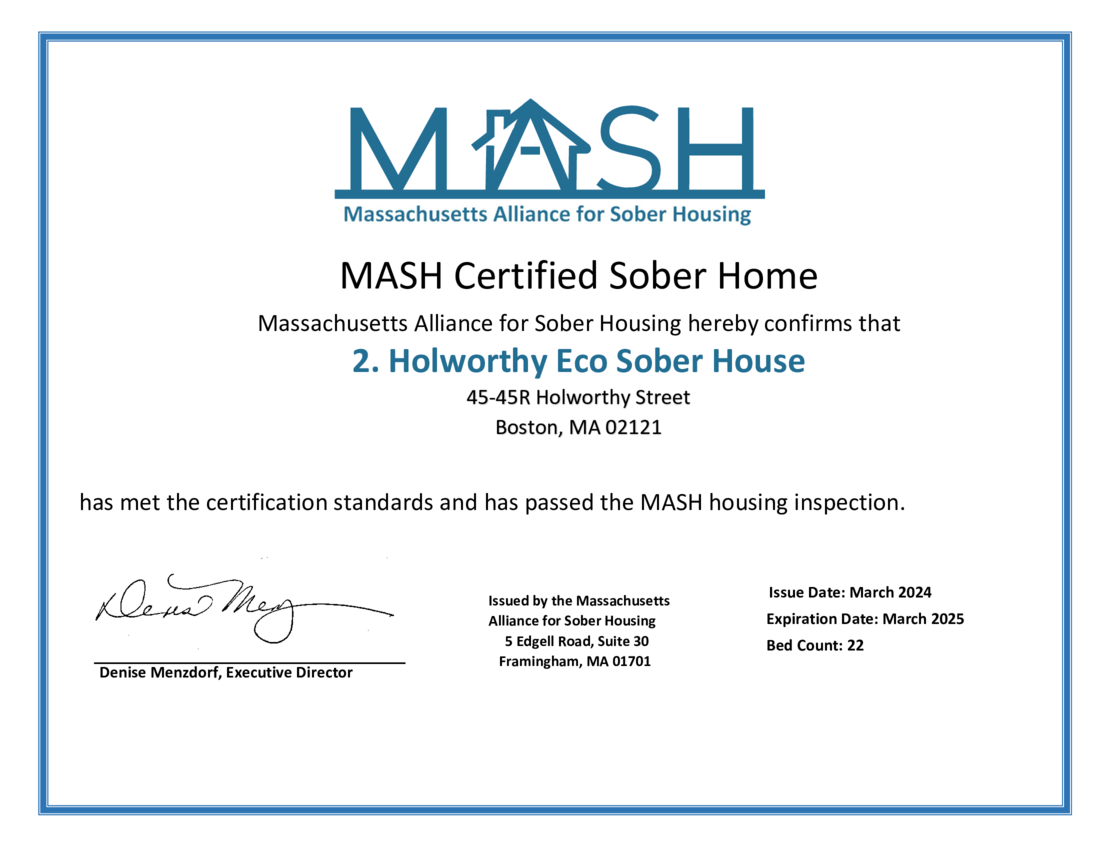
These data highlight how gender may be an important modifier of the alcohol threshold level and can shape the alcohol benefit–risk relationship. By adopting these lifestyle changes, you can help support healthy blood pressure levels and minimize the potential impact of alcohol on your cardiovascular health. When it comes to maintaining healthy blood pressure while consuming alcohol, there are several strategies you can implement. By practicing moderation and balance, making lifestyle changes to support healthy blood pressure, and seeking professional guidance, you can manage the potential effects of alcohol on your blood pressure. By understanding what constitutes healthy blood pressure and striving to keep it within the normal range, individuals can take proactive steps to protect their cardiovascular health.
3. Analysis.
This means paying attention to portion size is important, too, as a wine glass filled to the brim or an oversized margarita may actually count as two or three drinks, says Sheth. If you’re considering reducing your alcohol intake, you may want to try some alcohol alternatives. The Recovery Village Baptist Health specializes in compassionate, evidence-based care tailored to your needs. Whether you’re seeking help for yourself or a loved one, we’re here to guide you every step of the way.
Treating Alcohol-Related Hypertension
The study also didn’t look at how different types of alcohol influenced blood pressure. Some data relied on self-reporting; further data could include more diverse samples. Alcoholic hypertension is characterized by consistently elevated blood pressure levels. It is important to note that the long-term effects of alcohol on blood pressure can be influenced by various factors such as the amount of alcohol consumed, frequency of consumption, and individual differences. Halfway house If you’re one of the millions of people who enjoy an alcoholic beverage now and then, you may be wondering how it affects your body. To comprehend the effects of alcohol on blood pressure, it’s essential to have a clear understanding of what blood pressure is and the importance of maintaining healthy levels.
Caffeine and Nicotine Are Drugs, Why Are They Excused in Recovery?

While limited research specifically addresses whether alcohol raises blood pressure the next day, heavy or binge drinking can contribute to elevated blood pressure, especially in susceptible individuals. It’s important to practice moderation, stay hydrated, and monitor blood pressure to maintain cardiovascular health when consuming alcohol. Consulting with healthcare professionals for how does alcohol affect blood pressure personalized advice and guidance is always recommended. We classified nine studies as having high risk of bias (Agewall 2000; Bau 2011; Buckman 2015; Dumont 2010; Fazio 2004; Karatzi 2013; Maufrais 2017; Rossinen 1997; Van De Borne 1997).
- Additionally, it plays a role in metabolism, inflammatory pathways, and immune system function.
- It is a common substance of abuse and its use can lead to more than 200 disorders including hypertension.
- The reason for exclusion was documented for each citation at the full‐text level.
- However, in a recently conducted Mendelian randomization study, Vu and colleagues (2016) reported that low-to-moderate alcohol consumption reduced triglyceride and LDL-c and increased HDL-c, in particular the HDL2-c subfraction.
- Considering the difficulty of masking in these types of studies, we decided to also include single‐blind and open‐label studies in the review.
- In more severe cases, withdrawal can lead to seizures, delirium tremens (DTs), or even death if not properly managed.
- The more alcohol you consume, the greater the strain on your cardiovascular system.
Although results related to levels of alcohol consumption and stroke events are less clear, some conclusions can be drawn. Approximately 1 to 2 drinks per day may have no effect on or lead to a slight reduction in stroke events; however, greater daily alcohol levels increase the risk for all stroke events and incident stroke types. In terms of stroke subtypes, compared with nondrinkers, current alcohol drinkers have an increased risk (~14 percent) for hemorrhagic stroke (Ronksley et al. 2011). In conclusion, drinking alcohol can have both short-term and long-term effects on blood pressure. While a moderate amount of alcohol may not be harmful for healthy adults, heavy drinking can lead to chronic hypertension and other serious health problems.
Ways alcohol can impact heart health

Randin et al53 have reported that dexamethasone (2 mg per day) in human suppresses the acute alcohol-induced hypertension. Cheng et al65 have shown that angiotensin II type 1 receptor blockade prevents alcoholic cardiomyopathy in dogs. The calcium channel blockers, because of the probability of the involvement of calcium in the development of alcohol-induced hypertension, may also likely be the drug of choice for the treatment of alcohol-induced hypertension. Chronic alcohol use, however, may lead to an overactive RAAS, contributing to high blood pressure (hypertension).
Conen 2008 published data only
Karatzi 2005 mentioned the method of blinding of participants, but it is not clear whether involved personnel were blinded as well. The method of blinding of participants and personnel was not mentioned in Dumont 2010, Mahmud 2002, and Maule 1993. In Cheyne 2004, participants were blinded to the content of the drink, but some reported that they were able to detect the alcohol by taste at the end of the study. In Barden 2013, treatment allocation was performed by a statistician who was not involved in the trial. Opaque sealed randomised envelopes were used in Cheyne 2004 and Foppa 2002, and random number allocator was used in Rosito 1999.
Papaseit 2016 published data only

The relationship between alcohol and high blood pressure is influenced by several factors, including the amount of alcohol consumed, the frequency of consumption, and individual differences. It’s important to note that the effects of alcohol on blood pressure can vary among individuals, and some people may be more susceptible to its negative impact. Understanding these factors can help individuals make informed decisions about their alcohol consumption and its impact on their blood pressure levels. When blood pressure is within the normal range, it indicates that the heart and blood vessels are functioning properly.
Non-Alcoholic Holiday Drink Recipes To Try
- When alcohol is used heavily, the elevated blood pressure it creates is always present, leading to chronic hypertension.
- Adopting a healthy lifestyle that includes regular exercise, a balanced diet, and stress management techniques can also support healthy blood pressure levels.
- Discuss any medical questions you have with your doctor or other health care provider.
- We recorded the washout period of each included study reported by study authors to decide if there was risk of a carry‐over effect.
- Because the participant population comprised predominantly young and healthy normotensive men, the overall evidence generated in this review cannot be extrapolated to women and older populations with other comorbidities.
When you drink alcohol, it’s quickly absorbed into your bloodstream through the stomach and small intestine. From there, it travels to your liver for processing, but some circulates throughout your body, affecting your heart, arteries, and blood pressure. This rapid absorption is why alcohol can have almost immediate effects, from relaxation to raising your blood pressure, depending on how much and how often you drink. Binge drinking is when you drink a large amount (more than 6 units or 2 large glasses of wine) in a short space of time.

This review included only short‐term randomised controlled trials (RCTs) investigating the effects of alcohol on blood pressure and heart rate. Acute alcohol consumption mimics the pattern of social drinking, and evidence indicates that even one glass of an alcoholic drink can increase heart rate. The magnitude of the effects of alcohol on blood pressure and heart rate varies, based possibly on genetic factors and on the amount of alcohol consumed. Different studies show that preventing alcohol improves blood pressure levels. Both systolic and diastolic blood pressure measurements often reduce when alcohol consumption is reduced or completely avoided, thus this lowers the risk of high blood pressure-related complications. Cutting off alcohol helps reduce pressure on the heart and permits the blood pressure regulation processes to recover.
